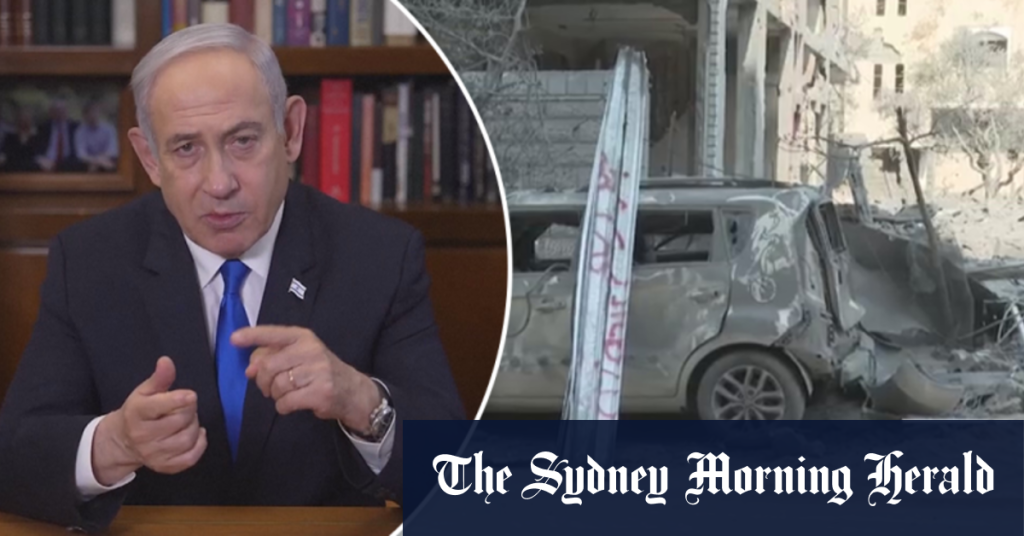The International Criminal Court (ICC) is seeking arrest warrants for Israeli Prime Minister and leaders of Hamas for war crimes. The ICC is aiming to hold these leaders accountable for their actions during the conflict between Israel and Hamas. The warrants are being sought in response to alleged violations of international humanitarian law that occurred during the conflict.
The ICC’s move to seek arrest warrants for these leaders is significant as it demonstrates the Court’s commitment to pursuing justice for individuals responsible for committing war crimes. This action also highlights the role that the ICC plays in holding leaders accountable for their actions and ensuring that justice is served for victims of war crimes.
The conflict between Israel and Hamas has been ongoing for years, resulting in numerous casualties and widespread destruction. The ICC’s decision to seek arrest warrants for the leaders of both parties sends a strong message that those responsible for committing war crimes will not go unpunished.
The ICC’s decision to seek arrest warrants for the Israeli Prime Minister and leaders of Hamas has sparked controversy and debate. Some argue that the ICC is overstepping its authority by targeting political leaders, while others believe that holding these leaders accountable for their actions is necessary for promoting peace and justice in the region.
The ICC’s move to seek arrest warrants for the Israeli Prime Minister and leaders of Hamas also raises questions about the effectiveness of the Court in addressing complex political conflicts. Critics argue that the ICC’s actions may not lead to meaningful change or resolution of the conflict, while supporters maintain that holding leaders accountable for their actions is an important step towards achieving justice and peace in the region.
Overall, the ICC’s decision to seek arrest warrants for the Israeli Prime Minister and leaders of Hamas demonstrates the Court’s commitment to pursuing justice for individuals responsible for committing war crimes. This action sends a strong message that those responsible for violating international humanitarian law will be held accountable for their actions, and highlights the important role that the ICC plays in promoting peace and justice in conflict-affected regions.













